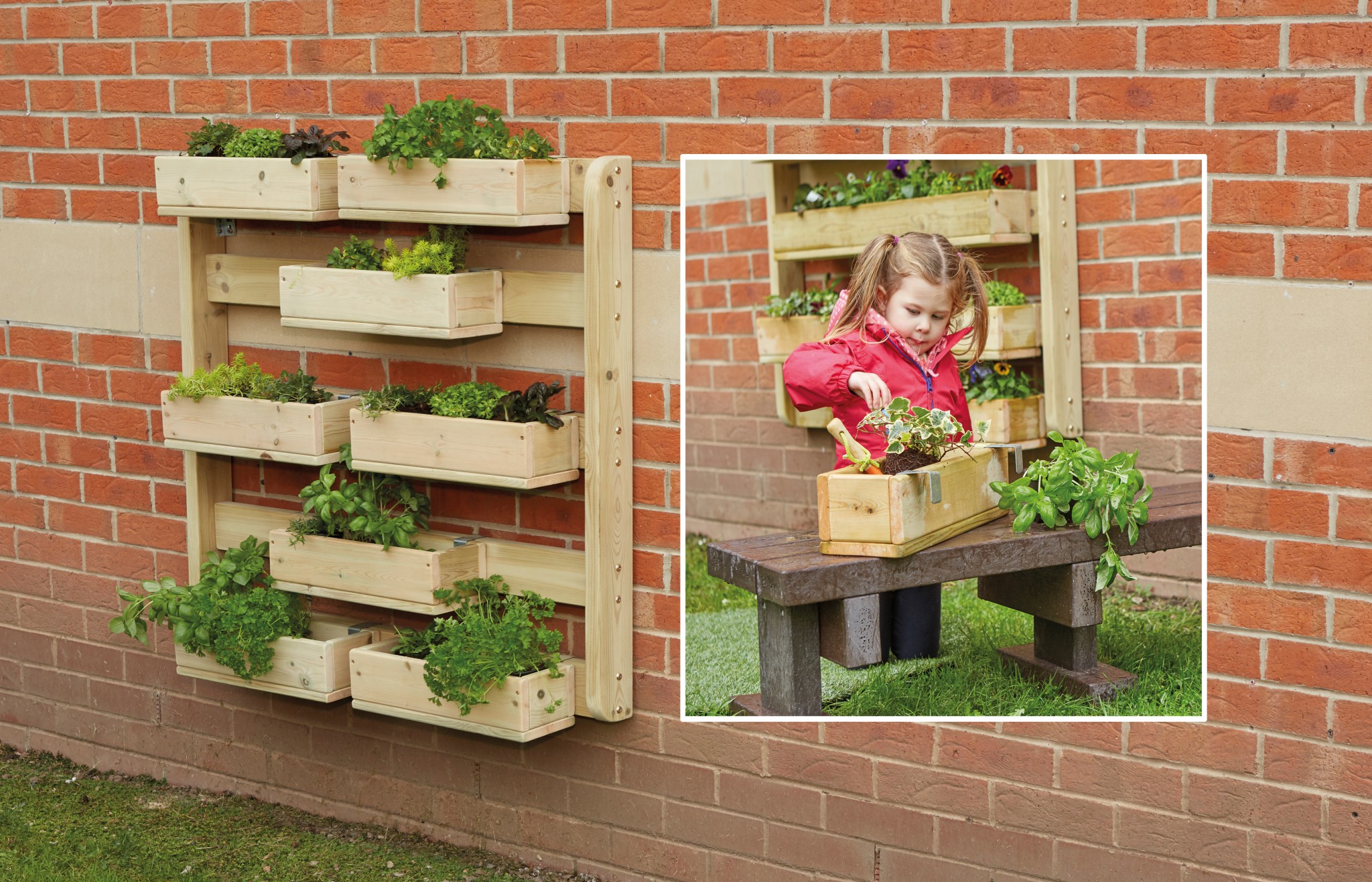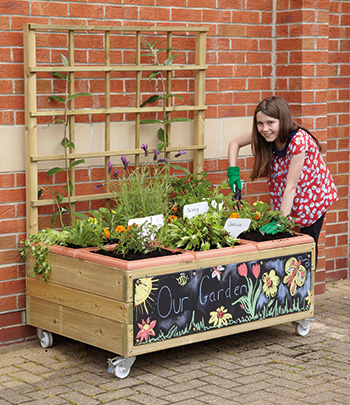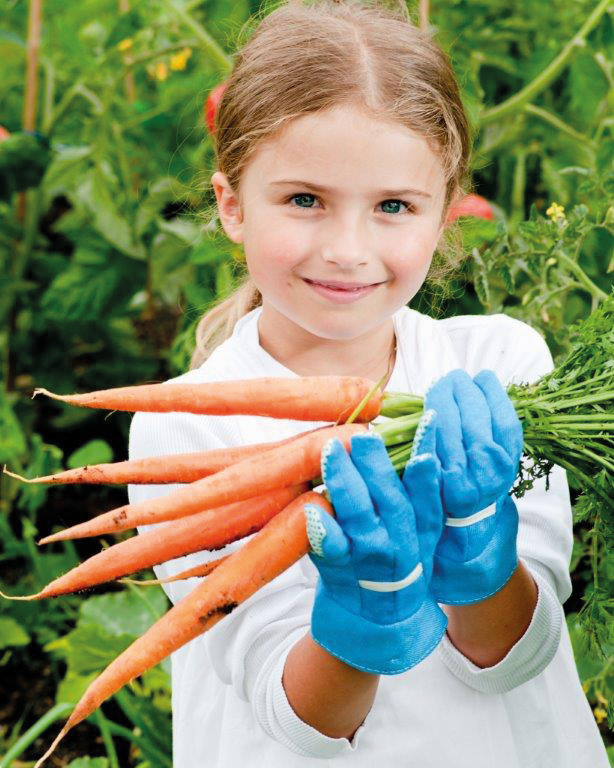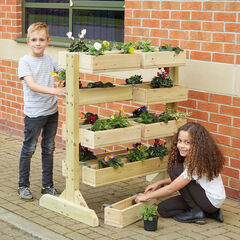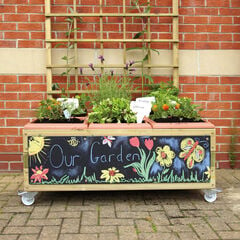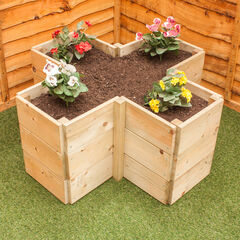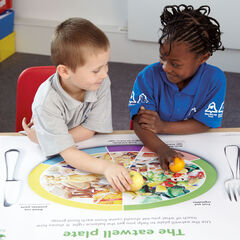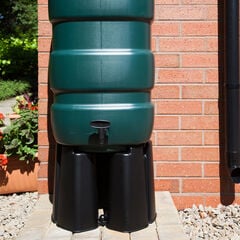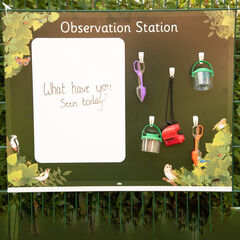School gardens can offer a wealth of benefits to pupils. Not only are gardens great for overall wellbeing, but they also offer many learning opportunities in a stimulating outdoor environment. Read on to find out some of the benefits that school gardens can provide.
Develops Knowledge and Understanding of the Natural World
Providing children with a school garden gives them the opportunity to find out more about how plants grow and what they need to survive first hand. Getting the children involved in sowing the seeds and caring for the plants will further develop their understanding and appreciation for the natural world. Why not also incorporate a bug hotel, bird feeder or bee hive into your garden to encourage more wildlife into your garden and open up further opportunities for children to explore and discover more about the natural world? Set up an Observation Station to make tools for watching and exploring nature easily accessible, and to provide a place where children can record their findings.
Improves Social Skills
Caring for a school garden has shown to improve a child’s social skills and behaviour. The process of planting and tending a crop will help children develop skills, such as respect and patience. Gardening also encourages teamwork skills as children take part in group work activities, as well as encouraging children to take responsibility by caring for their own crops.
A school garden provides an opportunity for children of all abilities to shine.
Benefits Overall Learning
Research has shown that teaching any curriculum area outdoors can have an overall benefit on a child’s learning as they tend to be more relaxed and find lessons more interesting.
There are many curriculum links that can be made. Links to science can include studying plant anatomy or investigating how changing variables such as watering frequency or plant spacing can have an effect.
A garden area provides a wonderful hands-on learning experience. Links to maths can be made as children can collect data on plant growth or learn about perimeters and measurements as they design the layout of the garden.
Increases Children’s Understanding of Healthy Eating and Food Production
Gardening allows children to participate in a physical activity. It will also increase a child’s nutritional knowledge about the benefits of eating fruit and vegetables. Growing food leads to an increase in interest, knowledge and attitude towards fruit and vegetables.
Creates Opportunities for Links with the Local Community
A school garden can be used as a bridge builder with the local community. It can create links with local garden centres and associations, and encourage parental involvement also.
Children can even sell their produce at school fairs. So go outside and get growing!



